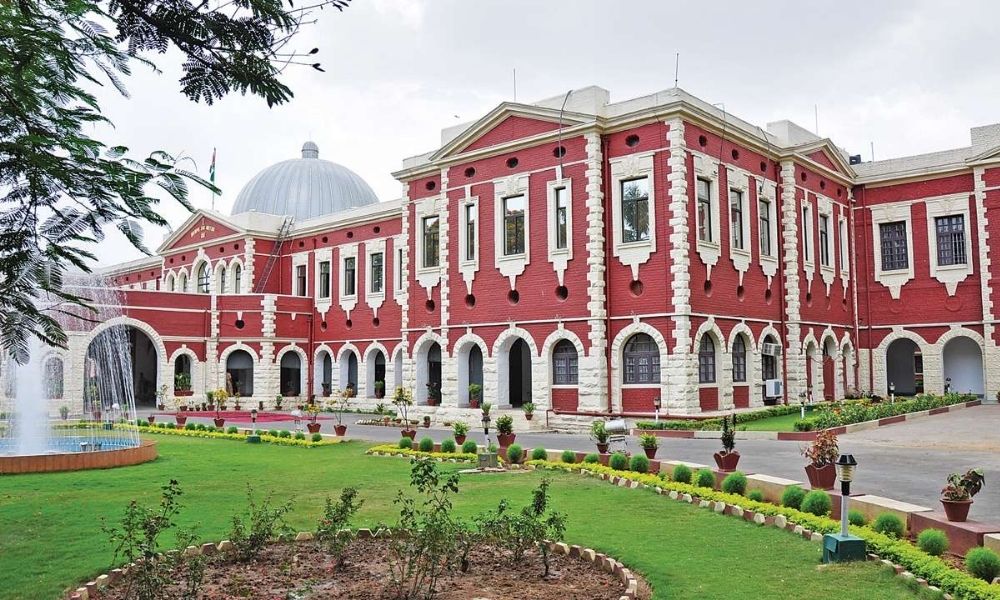LI Network
Published on: 18 September 2023 at 11:05 IST
The Jharkhand High Court has recently ruled that withholding adequate medical assistance from one’s spouse to exert pressure for dowry constitutes cruelty under Section 498A of the Indian Penal Code (IPC). The decision was made by Justice Ambuj Nath in the case of Sanjay Kumar Rai & Ors v State & Ors.
Justice Ambuj Nath upheld the conviction of the accused, Sanjay Kumar Rai, who was found guilty of subjecting his wife, Neelam Devi, to cruelty. Neelam Devi was suffering from cancer.
The Court stated, “Non-providing of proper medical aid to one’s wife to enforce the demand of dowry will come within the definition of cruelty as enunciated under Section 498A of the Indian Penal Code. Both the trial court as well as the appellate court have rightly come to the finding regarding the guilt of the petitioner Sanjay Kumar Rai @ Sanjay Kumar Roy under Section 498A of the Indian Penal Code for subjecting his wife Neelam Devi to cruelty to enforce the demand of dowry.”
The case involved three criminal revision pleas. The first plea was filed by Sanjay Kumar Rai, challenging his conviction under Section 498A of the IPC. The second plea was filed by the informant-wife, Neelam Devi, who was later substituted by her father, Ram Kripal Singh, after her death. She had challenged the acquittal order passed by the magistrate court in favor of her in-laws, namely Sulochana Devi, Manju Devi, and Anju Devi. The third plea was filed by the father of the informant, challenging the acquittal of the victim’s brother-in-law, Bhageshwar Roy.
The prosecution’s case was initiated based on a written report filed by Neelam Devi. She alleged that she had married Sanjay Kumar Rai in June 2006 and that her in-laws used to torture her during her husband’s absence. She further claimed that her husband demanded a car and subsequently drove her away from her matrimonial home. Her in-laws then forced her to sign blank papers.
She specifically mentioned that she was tortured because of dowry demands, and her husband refused to get her cancer treated, citing insufficient dowry from her father for her treatment.
After examining the evidence, oral testimonies, and the facts of the case, the High Court concluded that the husband had failed to provide medical assistance to the victim. Therefore, both the trial court and the appellate court were correct in finding him guilty under Section 498A of the IPC for subjecting his wife to cruelty.
Regarding the relatives of the husband, the Court noted that the victim had made broad and vague statements about mistreatment by her in-laws and brother-in-law, and she had not suffered any injuries caused by them as alleged. The prosecution failed to provide compelling evidence of when and how the complainant had been subjected to torture. As a result, the High Court upheld the acquittal of the in-laws.

